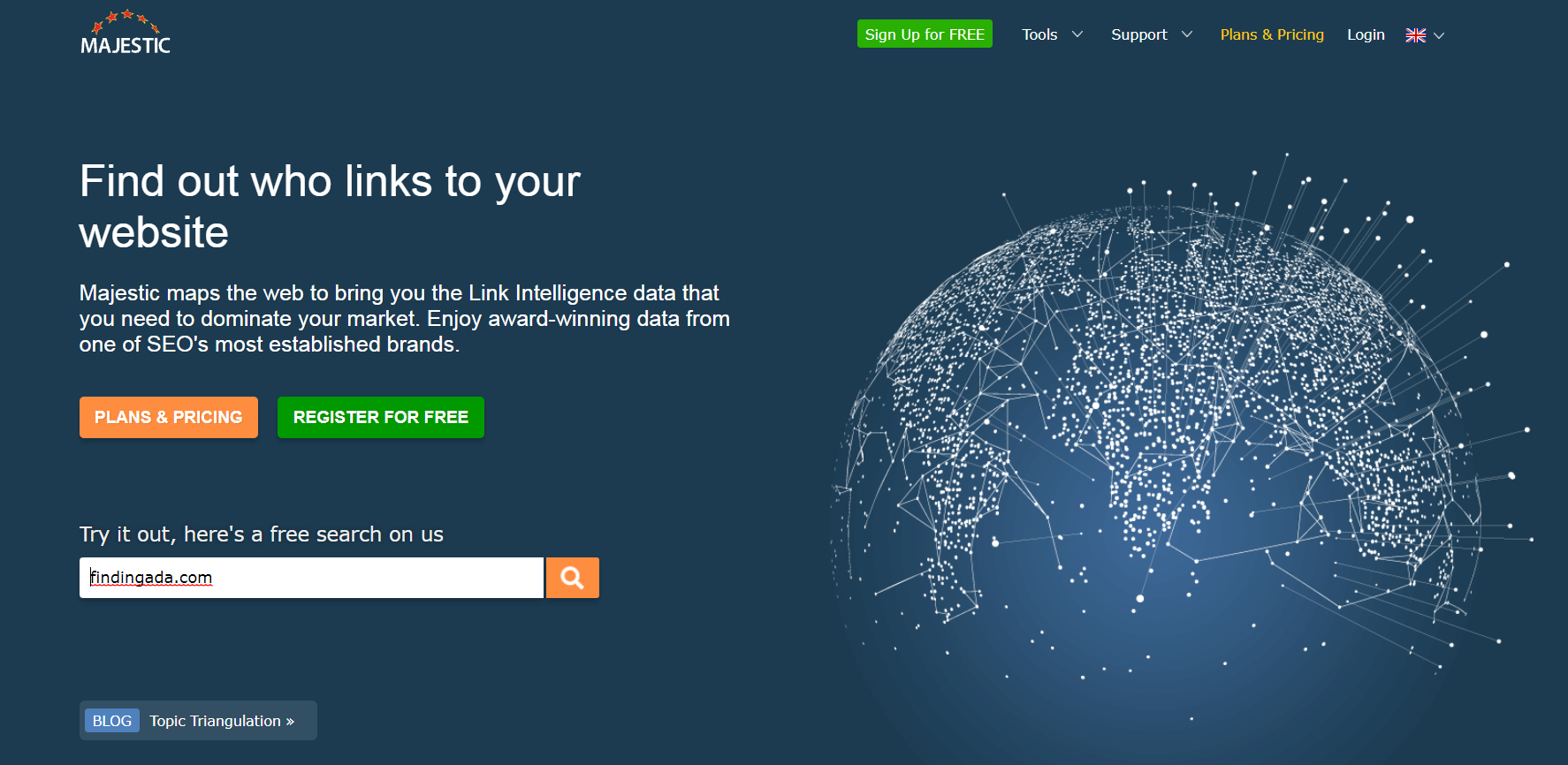Search Engine Optimization (SEO) is at the heart of every successful digital marketing strategy. With the increasing demand for visibility on search engines, businesses are constantly looking for more effective ways to create content that not only resonates with users but is also favored by search algorithms. In recent years, Artificial Intelligence (AI) tools have emerged as valuable allies in developing SEO-friendly content strategies. But how exactly can these tools enhance content creation for SEO?
The Role of AI in Modern SEO
AI-powered tools can analyze massive datasets far beyond human capability in seconds, and this includes web content, search trends, keyword behaviors, and competitive analysis. With their growing sophistication, AI tools are now capable of understanding the nuances of language, user intent, and even the evolving criteria of search engine algorithms.
Some key functionalities and advantages offered by AI in SEO content strategy include:
- Keyword research and optimization
- Topic suggestion and clustering
- Content quality analysis
- Competitor benchmarking
- User engagement prediction

Keyword Research and Topic Ideation
One of the first steps in an SEO strategy is identifying the right keywords and topics that audiences are searching for. AI tools excel at this by crawling various online sources—in real time—to discover high-volume, low-competition search terms. Based on these findings, content creators can target long-tail keywords that are more likely to yield high conversion rates.
Additionally, AI assists in discovering overarching themes or topic clusters around which to build pillar content. This enables content teams to create structured, authoritative articles that align with Google’s preference for topical relevance and depth.
Content Creation and Optimization
AI-driven content creation tools such as natural language generation (NLG) engines can draft initial content based on selected keywords and topics. While human oversight is essential for voice and accuracy, AI provides a valuable starting point. Moreover, optimization tools can now evaluate content readability, keyword density, semantic relevance, and metadata in real time.
For example, platforms like Clearscope, Surfer SEO, and MarketMuse use AI to score content against top-performing pages and suggest improvements. These insights help writers adjust their tone, structure, and keyword placements for better search engine positioning.

Competitor Analysis Made Smarter
Traditional competitor research can be time-consuming and inconsistent. AI simplifies this by continuously monitoring competitors’ content, backlink profiles, domain authority, and changes in search performance. Using this data, digital marketers can uncover gaps in their own strategy, see what’s working for others, and identify opportunities to outrank competition.
For instance, if a competitor’s blog post ranks highly for a targeted keyword, AI can analyze that post’s structure, media elements, header usage, and linked resources to generate a blueprint for superior content.
User Behavior Analysis and Personalization
Modern AI tools do more than optimize for search engines—they also optimize for user experience. By tracking user behavior, including click patterns, time spent on page, bounce rates, and scrolling data, these tools deliver crucial feedback. This helps content creators fine-tune strategies to produce content that meets user expectations and promotes engagement.
AI also allows for dynamic content personalization. Through machine learning algorithms and natural language processing, AI can recommend personalized topics or CTAs within content based on a user’s browsing history or search behavior. This predictive personalization is proving to be crucial in increasing both engagement and conversion rates.
Limitations and Ethical Considerations
While AI provides undeniable benefits, it is crucial to note its limitations. AI tools depend heavily on training data and algorithmic assumptions. If these inputs are flawed or biased, the outputs may equally mislead content strategies. Additionally, overreliance on AI-generated content without human refinement may result in generic, uninspired writing that lacks emotional resonance.
Content authenticity and user trust remain core elements of effective communication. Hence, AI should be viewed as a tool for augmentation rather than replacement.
Conclusion
AI is revolutionizing the way businesses approach SEO content strategy. From automating keyword research to streamlining optimization and enhancing personalization, these tools offer significant efficiency and performance gains. However, their value is maximized only when paired with human creativity, industry knowledge, and ethical content practices. Used wisely, AI tools can empower marketers and writers to build content that is not only search engine-friendly but also engaging and impactful for readers.
